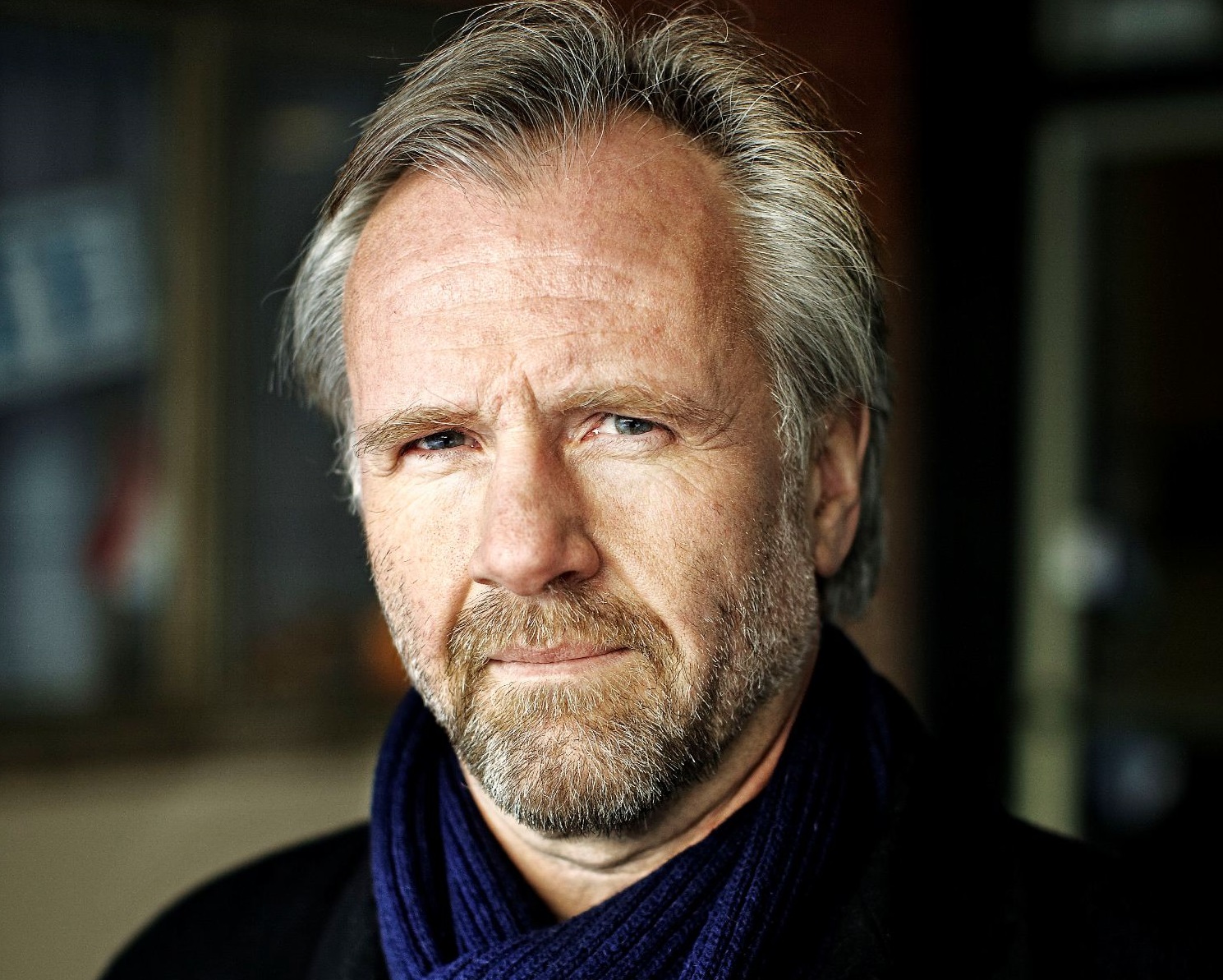Alumni Spotlight: Bjørn Jamtveit

Our alumni of the month, Bjørn Jamtveit, was a project leader at CAS back in 2000-01. Today Jamtveit is the Vice Dean of Research at the Faculty of Mathematics and Natural Sciences at the University of Oslo (UiO). He was earlier this autumn appointed a member of the CAS Board of Directors.
We spoke with the scholar about his time as a project leader at CAS, his research career and his engagement for fundamental research.
Back in 2000–01 you led the CAS project Dynamics of Fluid Rock Systems. What do you remember best from your stay at CAS?
I remember lots of long scientific discussions with the participants of my CAS group, including vigorous discussions on whether fracturing was best approached by continuum or discrete models. I appreciated bringing our energetic science group into the peaceful ambiance of the Academy building with the friendly and efficient staff at CAS. I also remember that I got my first paper accepted in Nature during the stay.
In what way, if at all, did the year at CAS affect your research career?
During our CAS stay we wrote a successful application for a first-generation Norwegian Centre of Excellence. It was called Physics of Geological Processes (PGP) and secured 10 years continuous funding for our cross-disciplinary physics-geology project. This obviously affected the careers of both me and many others in my CAS group in a major way. PGP still exists at the University of Oslo 20 years later as one of two sections of the Njord Centre for Studies of the Physics of the Earth at the Faculty of Mathematics and Natural Sciences. Four of the CAS postdocs (Anders Malthe-Sørenssen, Dag Dysthe, Eirik Flekkøy and Francois Renard) are professors and leading scientists at UiO today. Francois is the current director of Njord and a recent winner of an ERC Advanced Grant.
You were earlier this autumn appointed a member of the CAS Board of Directors. What perspectives and experiences do you bring to the Board?
Immediately after CAS, we started our 10-year project as a Centre of Excellence. My physics colleague Jens Feder was director of PGP for the first three years, and I took over for the remaining seven. I have been organising cross-disciplinary geology-physics projects ever since. The last one, an ERC Advanced Grant, still runs until February 2022. In January 2021, I left the job as director of the Njord Centre to Francois Renard, and started to work as Vice Dean of Research at the Faculty of Mathematics and Natural Sciences at UiO in collaboration with the first female dean ever at our faculty, Solveig Kristensen.
Fundamental research helps increase our understanding of ourselves and the world around us. Basically, this activity is driven by a positive quality in us humans that we carry with us from childhood: curiosity.
CAS’ mission is to further excellent, fundamental, curiosity-driven research. Fundamental research is something that you have shown engagement for through your position as Vice Dean of Research, to mention just one example. Why is fundamental research important?
Because there is so much we do not know, and because we do not know what one day may become useful. Fundamental research helps increase our understanding of ourselves and the world around us. Basically, this activity is driven by a positive quality in us humans that we carry with us from childhood: curiosity. Eventually, ambition may play a growing role. The hope of making a ground-breaking discovery with subsequent glory and fame probably lingers in the background for many researchers, but it is never the primary driving force. Part of the reason is that basic research often leads us in unpredictable directions and to results we could not have guessed long in advance. To become an outstanding researcher you really have to love the research process. The great discovery will always to some extent depend on luck, coincidence and so much hard work that research is a very risky path to the limelight and celebrity status.
I recently published an article in Khrono along with a number of former CAS project leaders that touches upon some of this. You can read the article here (in Norwegian).
What advice would you give to future CAS project leaders?
Stay off the beaten path. CAS is a good place to work on high-risk problems. Don’t spend all your time solving existing problems. Make sure you allocate sufficient time to think about new and exciting problems too. Some may perhaps be solved at CAS, some at some later stage, and quite a few, if you have been brave enough, may never be solved at all.
Personally, I always enjoyed working in groups with sufficient diversity to guarantee that everybody would learn something new from the others. I recommend a team of young talent with complementary skills mixed in with a couple of first-rate experienced scientists.
Stay off the beaten path. CAS is a good place to work on high-risk problems. Don’t spend all your time solving existing problems.
- This interview was first published in CAS' newsletter. Sign up here.